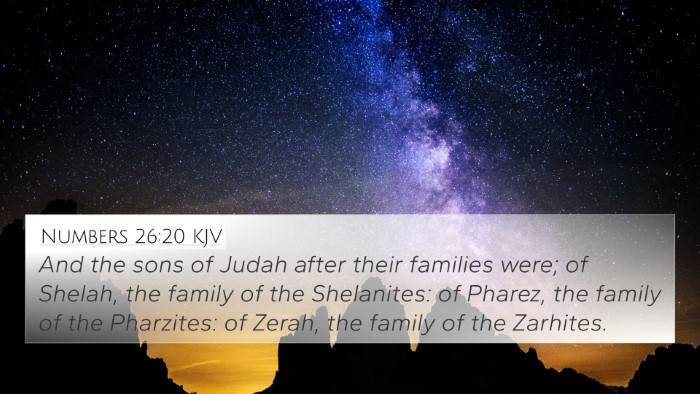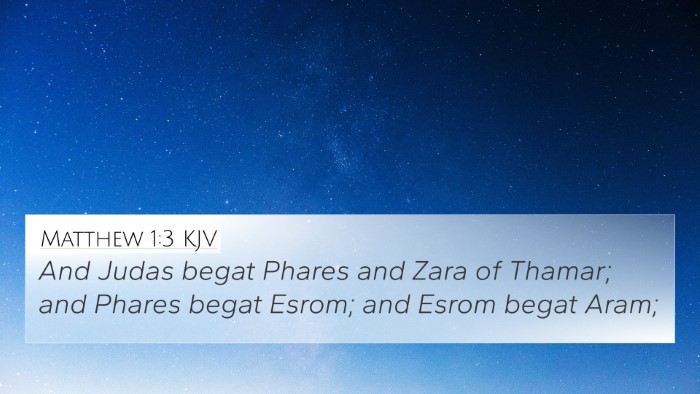Nehemiah 11:24 - Meaning and Interpretation
Bible verse: Nehemiah 11:24
This verse states: "And Pethahiah the son of Meshezabeel, of the children of Zerah the son of Judah, was at the king's hand in all matters concerning the people." This passage highlights the administrative structure within Jerusalem following the exile and reflects the restoration of the city and its governance.
Contextual Understanding
The book of Nehemiah details the rebuilding of Jerusalem and the restoration of its community after the Babylonian exile. It emphasizes leadership roles and the importance of civic duty among the returned exiles.
Insights from Public Domain Commentaries
Matthew Henry's Commentary
Matthew Henry remarks on the significance of Pethahiah’s role, emphasizing that he served as an assistant to the king in all matters related to the people. His position reflects the necessity of having someone in authority who understood the concerns of the Jewish community and could advocate for them.
Albert Barnes' Notes
Albert Barnes notes that Pethahiah's office signifies the importance of political leadership in managing the affairs of the people in Jerusalem. His presence at the king's side represents the connection between the Jewish people and the Persian authority, highlighting the need for effective communication and representation.
Adam Clarke's Commentary
Adam Clarke elaborates on the nature of Pethahiah's responsibilities, detailing how his role involved overseeing the welfare of the people and ensuring their rights were represented in the court of the king. This suggests a structured approach to governance aimed at the restoration of Jerusalem as a vibrant city.
Spiritual Applications
From Nehemiah 11:24, several spiritual lessons can be drawn:
- Importance of Leadership: Effective leadership is crucial in any community, especially in times of rebuilding or transition.
- Advocacy: Representation matters; having advocates in positions of power can lead to positive outcomes for the people.
- Community Focus: Leadership should prioritize the concerns and welfare of the people they serve.
- Connection to Authority: Maintaining a relationship with those in authority can provide support and opportunities for the community.
Related Bible Verses and Cross-References
Nehemiah 11:24 connects to several other passages, enhancing understanding through comparative Bible verse analysis:
- Ezra 8:36: Discusses the authority given to Ezra to govern and ensure justice for the people.
- Jeremiah 29:7: Encourages the exiles to seek the welfare of the city, indicating the significance of civic engagement.
- Ezra 7:25: Details Ezra's role as a scribe and leader to teach the laws, similar to Pethahiah’s representative duties.
- Nehemiah 5:14-15: Illustrates the reforms Nehemiah enacted as a leader to uplift the community.
- Romans 13:1: Emphasizes the importance of governing authorities and being subject to them for order's sake.
- Acts 15:2: Showcases the role of representatives in resolving issues within the church, akin to Pethahiah's responsibilities.
- Philippians 1:5: References partnership in the gospel, drawing parallels to community leaders advocating for the spiritual welfare of the people.
Exploration of Thematic Connections
The passage of Nehemiah 11:24 serves as an ideal example of connecting Biblical texts through various themes such as leadership, advocacy, and community restoration. These themes often cross over between the Old and New Testaments, revealing the continuous thread of God's plan for His people.
Conclusion
Nehemiah 11:24 reminds us of the vital roles individuals can play within a community, especially in leadership and representation. Understanding this verse's context and connections enriches our appreciation for the structure and governance established after the return from exile. Through tools for Bible cross-referencing, one can delve deeper into the relationships between these verses to unveil further spiritual truths.








